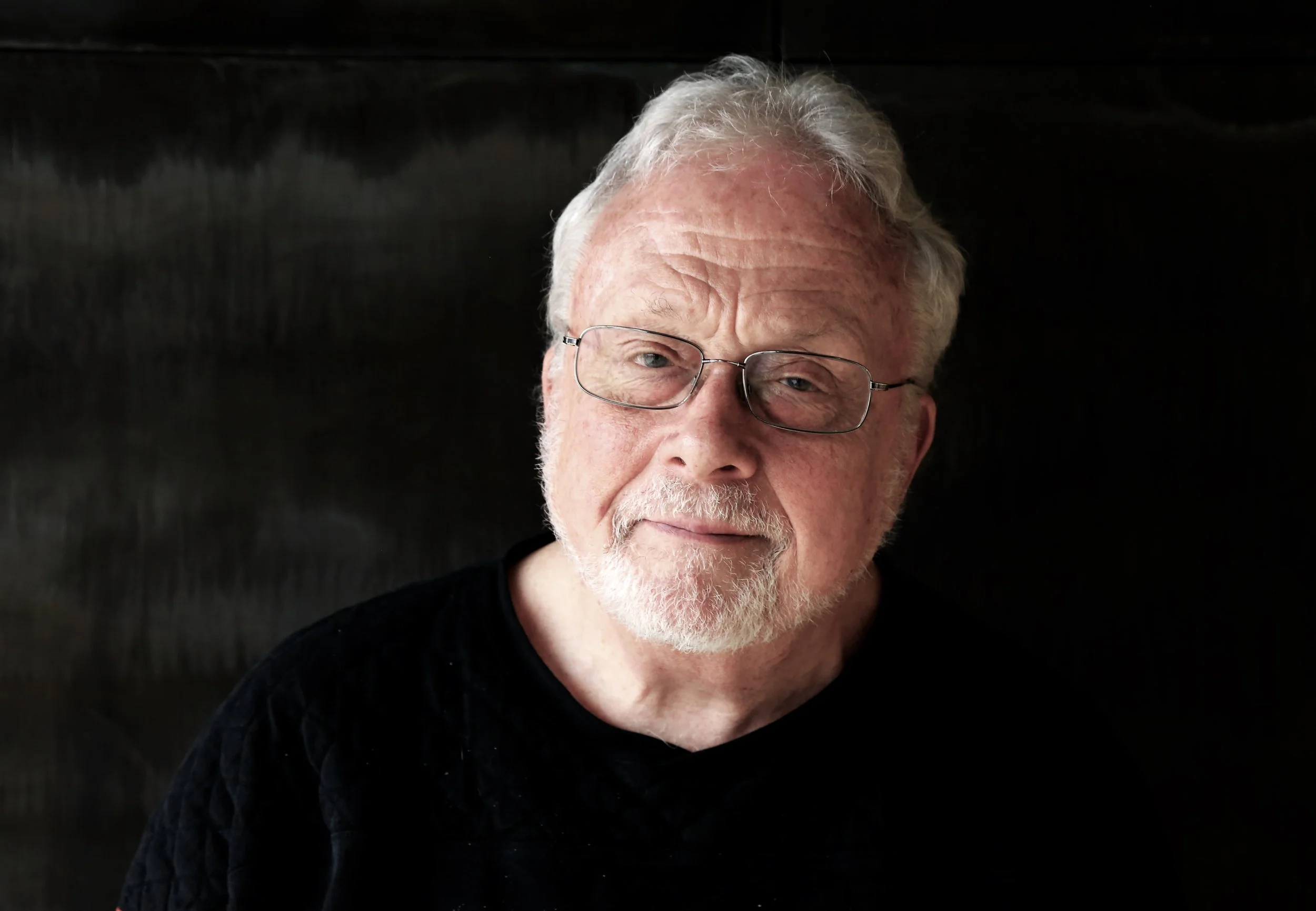Bolcom’s Cabaret Songs by a brilliant New Zealand double-act
The essence of cabaret is captured with delicious ease by two New Zealand musicians, singer Stephanie Acraman and pianist Liam Wooding, in their new recording of The Complete Cabaret Songs by American pianist and composer William Bolcom.
That essence requires a magical, intimate rapport between pianist and singer, and between performers and audience. It’s witty, humorous, and satirical. It’s also emotionally subtle, blending mockery with empathy, poignant sadness with superficial joy. Musically it’s improvisatory and free. And it’s all there in this new Rattle album.
Cabaret began in France in the late 19th century, in small clubs, the singers in direct touch with their audience. German Kabarett, established in Berlin in the 1920’s, was improvisatory like the French, its subject matter risqué with biting humour. In Germany it was darker and more decadent than in France and more political, representing leftist opposition to the Nazis and performed in clandestine underground cellars.
Cabaret became popular in America after the 2nd world war and was more often performed there in the second half of the 20th century. Like its predecessors in Europe, it was intimate and improvisatory with a bawdy and humorous tone, but less political and dark than Weimar cabaret.
Bolcom was born in 1938 in Seattle, Washington. He’s not a household name in New Zealand but this talented musician, whose career journey took him from “prodigy” to “legend”, is well-known in the States, winning the Pulitzer Prize in 1988, a Grammy in 2006 and named Composer of the Year by Musical America in 2007. He taught composition at the University of Michigan from 1973 till 2008, always trying to break down barriers between popular and serious music.
American composer William Bolcom
Photo Credit: Philip Brunnader
Writing operas, concertos, nine symphonies and a dozen string quartets, Bolcom defies easy characterisation as a composer. Last year NZ Trio performed and livestreamed his dramatic Piano Trio. He also wrote song cycles and, with his librettist Arnold Weinstein, this four-volume set of 24 Cabaret Songs, which he has performed widely with his third wife, mezzo-soprano Joan Morris.
Singer Stephanie Acraman
“…arch, tongue-in-cheek story-telling.”
The songs and the performances on this album are utterly beguiling. Acraman’s arch, tongue-in-cheek story-telling draws the listener in, the flavour shifting between gentle and sardonic, the humour pointed, occasionally a little acidic. The characters in these songs are telling us stories about their romances, about relationships a bit tired and not quite working. My favourite title is the typically cynical In the last lousy moments of love. The singer is more than a little world-weary, poking gentle and barely-appreciative fun at her departing lover.
Weinstein’s words are marvellously clever. He’s brutal in Poet Pal of Mine – “your deathless rondeau, how did it go? I forgot.” He mocks a great seducer in He tipped the waiter, “greasing that palm and kissing that hand” while “counting up his conquests on grey suede gloves”. Wooding’s piano creates a dark, creepy atmosphere for the menacing Black Max: “women in the windows with bodies for sale, dressed in curls like little girls in little dollhouse jails”.
These are witty songs, wittily performed, enjoying a little skewering. There’s desperate, cross-dressing, soprano-singing George – “call me Georgia” – sadly stabbed in mid-aria, his “funeral at the cocktail hour”. The sassy heroine of Toothbrush Time is “waiting for the wonderful moment of his leaving.” And Radical Sally is “looking for a cause” as she fancies the singer’s fellow.
Pianist Liam Wooding
“…easy facility at the keyboard.”
Much of the pleasure comes from the astonishing rapport between Acraman and Wooding, a double-act made in heaven. Wooding’s easy facility shows he’s a natural in this genre and his expressive use of silences and spaces is a great match for Acraman’s impeccable comedic timing. She also brings a lovely range of vocal colour to her characterisations, while Wooding at the piano relishes harmonic subtleties and little unexpected twists in the tale.
Think cabaret songs are not your thing? Think again!
The Complete Cabaret Songs of William Bolcom Stephanie Acraman (voice), Liam Wooding (piano) (Rattle) Audio samples and purchase link here.




